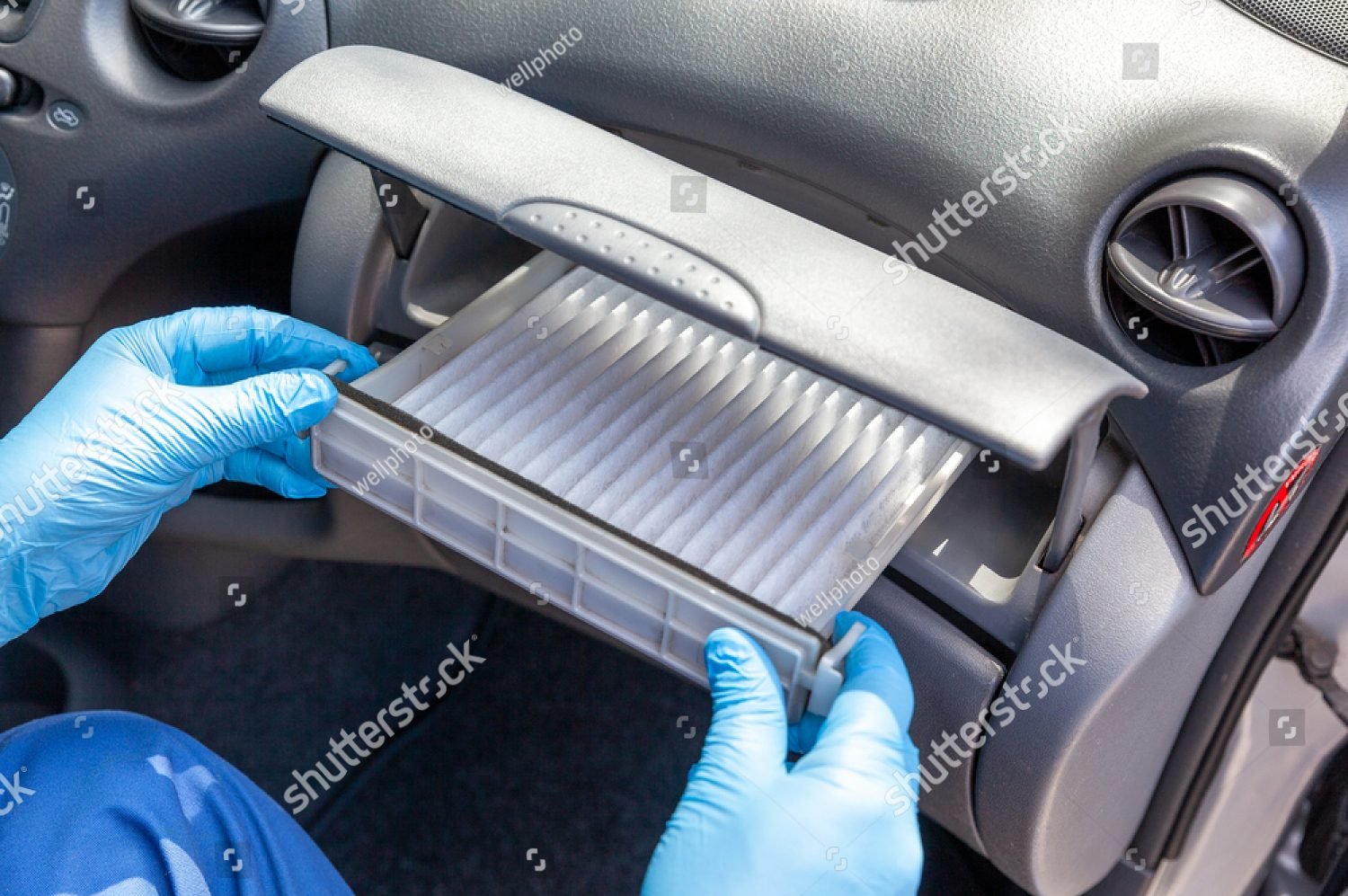As a responsible car owner, you know that regular maintenance is essential to keep your vehicle running smoothly and efficiently. While oil changes, tire rotations, and engine checks often take precedence, there’s one crucial yet often overlooked aspect of car maintenance that can significantly impact your driving experience – the cabin air filter.
The cabin air filter, also known as the interior or pollen filter, plays a vital role in ensuring the air quality inside your car’s cabin remains clean and free from pollutants. Its primary function is to filter out dust, pollen, allergens, and other contaminants that can find their way into your vehicle through the ventilation system.
Many car owners are unaware of the existence and importance of the cabin air filter, leading to its neglect during routine maintenance checks. However, failing to replace the cabin air filter at regular intervals can have adverse effects on both your car’s health and your well-being.
Over time, the cabin air filter becomes clogged with the particles it has filtered out. A clogged filter restricts the flow of air into the cabin, which can impact the effectiveness of your car’s heating, ventilation, and air conditioning (HVAC) system. As a result, you may notice reduced airflow, unpleasant odors, and increased noise when using your car’s climate control.
Moreover, a dirty cabin air filter can compromise the air quality within your car’s interior. If you or your passengers suffer from allergies or respiratory issues, a neglected cabin air filter can exacerbate these problems, making your driving experience uncomfortable and potentially harmful to your health.
To avoid these issues, it is crucial to replace the cabin air filter at regular intervals, typically every 12,000 to 15,000 miles (or as recommended by your car manufacturer). If you frequently drive in dusty or polluted environments, you may need to replace it more frequently. Fortunately, replacing the cabin air filter is a relatively simple task that you can do yourself or have a qualified mechanic perform during routine maintenance.
Here’s a general guide on how to replace the cabin air filter:
- Locate the filter housing: The cabin air filter is usually located behind the glove compartment, under the dashboard, or in the engine bay, near the windshield.
- Remove the old filter: Open the filter housing and carefully take out the old filter. Note its orientation so that you can install the new one correctly.
- Check for debris: While the filter is removed, inspect the housing for any debris or dirt. If you notice significant build-up, clean the housing before inserting the new filter.
- Install the new filter: Insert the new cabin air filter into the housing, making sure it sits properly and securely.
- Close the housing: Once the new filter is in place, close the housing securely.
By following these simple steps and being mindful of your car’s recommended maintenance schedule, you can ensure that your cabin air filter remains in excellent condition. Keeping the filter clean and functional will not only improve your car’s HVAC system but also contribute to a healthier and more comfortable driving environment for you and your passengers.
Regularly replacing the cabin air filter offers various benefits beyond improved air quality and enhanced HVAC system performance. Let’s delve deeper into why this simple maintenance task should be a part of your routine car care:
- Prolongs the Life of HVAC Components: A clean cabin air filter prevents dust and debris from reaching the blower motor, evaporator core, and other vital HVAC components. This protection reduces wear and tear on these parts, potentially extending their lifespan and preventing costly repairs down the road.
- Improves Fuel Efficiency: When the cabin air filter is clogged, the HVAC system must work harder to maintain airflow, placing an additional burden on the engine. This extra effort can lead to increased fuel consumption, negatively impacting your car’s gas mileage. By regularly replacing the cabin air filter, you can maintain optimal airflow and, consequently, better fuel efficiency.
- Ensures Safety for All Passengers: A cabin air filter that is filled with debris can hinder the flow of fresh air into the cabin, affecting the car’s defrosting capabilities. During cold and humid weather conditions, a functional defrosting system is critical for maintaining visibility on the road, enhancing safety for everyone in the car.
- Prevents Damage to Interior: A clogged cabin air filter can allow dirt and debris to accumulate inside your car’s cabin. This build-up can damage delicate interior components, such as the dashboard and upholstery. By replacing the filter regularly, you protect the interior of your car from unnecessary wear and tear, preserving its resale value in the long run.
- Minimizes Unpleasant Odors: A fresh cabin air filter reduces the likelihood of unpleasant odors permeating the cabin. If you notice musty or foul smells in your car, it’s a clear sign that the filter needs replacing. A new filter will help keep the air inside your vehicle smelling clean and pleasant.
- Simple and Cost-Effective Maintenance: Replacing the cabin air filter is a relatively straightforward task, and you can often do it yourself without any special tools. Additionally, compared to other car maintenance tasks, a new cabin air filter is relatively inexpensive. By investing a small amount in a replacement filter, you can potentially save significant amounts on repairs caused by neglecting this crucial component.
- Environmentally Friendly: A clean cabin air filter not only benefits you and your car but also the environment. By trapping airborne pollutants and allergens, the filter helps reduce harmful emissions from entering the atmosphere. Furthermore, using a high-quality cabin air filter with a longer lifespan can lead to less waste over time.
In conclusion, maintaining your car’s cabin air filter is an essential yet often overlooked aspect of responsible car ownership. Regular replacement of the filter not only ensures a healthier and more comfortable driving environment but also helps maintain your car’s overall performance and safety. With the ease of this maintenance task and the benefits it offers, there’s no reason to neglect the cabin air filter any longer. So, the next time you take care of your car’s maintenance needs, remember to add the cabin air filter to your checklist for a smoother and more enjoyable driving experience.

